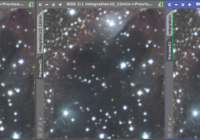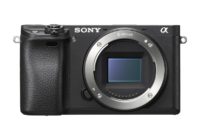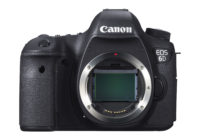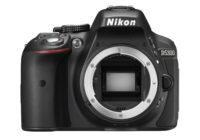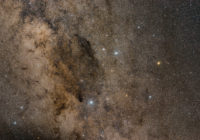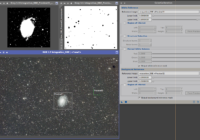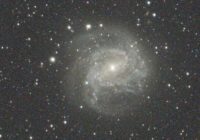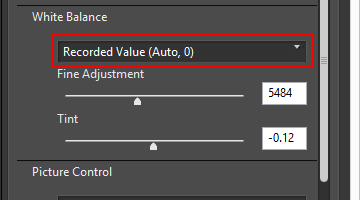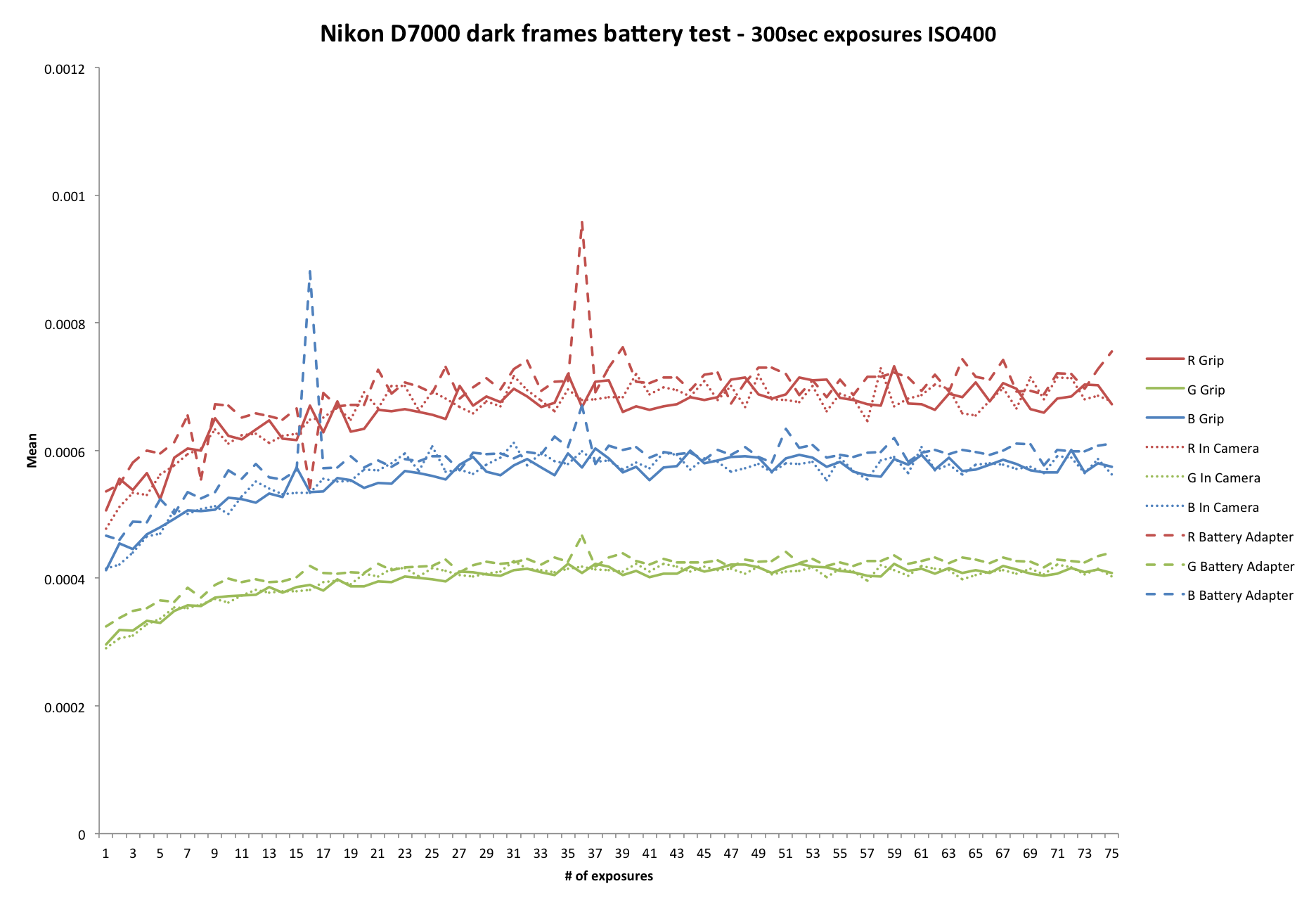Which is better: many short exposures or fewer long exposures? This question get’s asked a lot and it might seem complicated. The short answer is; don’t worry about exposure length if you are imaging under light polluted skies. If you are lucky enough to be under dark skies, then fewer but longer exposures will be better in terms of SNR than more shorter exposures.
Read MoreArticles
Why you shouldn’t worry about Unity Gain
Unity gain is a concept that is often used for determining the ISO setting. But what is it and does it really matter?
Read MoreBest ISO values for Sony cameras
Best ISO values for Canon cameras
Best ISO values for Nikon cameras
The importance of good stars in your images
Stars are a vital part of our astro images. We’ll look into the ways the stars in your images are affected and how you can improve your results with better looking stars.
Read MoreGetting the colors right in your astrophotos
The power of dithering for hot pixel removal
Unfortunately my D5100 has a lot of hot pixels due to some problems with the modification. So it’s an interesting example to demonstrate how 5 frames already got rid of almost all of the hot pixels.
Read MoreBest White Balance setting for astrophotography
What is the best White Balance setting for astrophotography? This question gets asked surprisingly often. I call this surprising because the answer should always be: it doesn’t matter! This may seem counter intuitive as we all experience the influence of WB on the color of the image. Furthermore we see people mentioning the WB they used for pictures in the details of many astrophotos so surely it must matter? No. It really doesn’t as long…
Read MoreDoes a battery in camera add to the thermal noise?
It might be reasonable to assume the battery in the camera body will lead to additional thermal noise in our images. I decided to run the test to check it out to be sure!
Read More